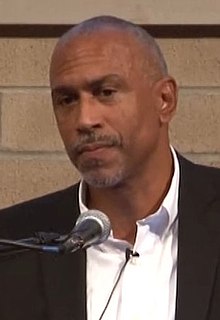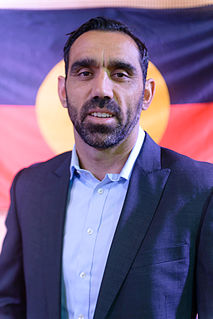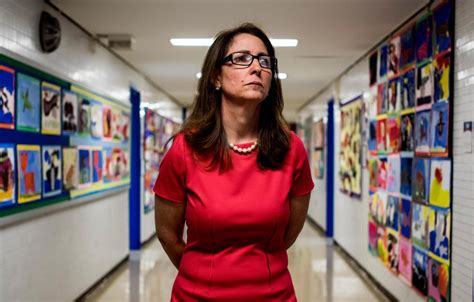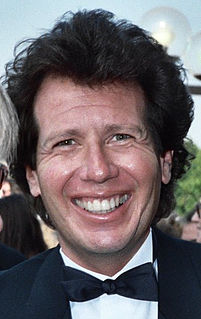A Quote by Wendy Kopp
Whenever we've seen the kids in the most disadvantaged context truly excel, always it's been in classrooms and in whole schools where there is a clear vision of where the kids have the potential to be.
Related Quotes
It's been a struggling school for many, many years, and [that's] not surprising since it's serving some of the most disadvantaged kids in the city. It wasn't the only one by any means, but it was among those. It shows that things like good, steady, stable leadership makes a huge difference; focusing on the culture of the schools as a place where kids feel supported and want to be; supporting the teachers, so they want to stay and work hard.
I want kids to be able to escape failing schools that trap them. And it's an unequal trapping of children. The most affluent find a way to escape. They move to a great suburban district or send their kid to a private school. The people who are trapped in the worst schools that have been terrible often for half a century? Those are the poorest kids.
I went to a public high school and most of the comedy was coming from the black kids and the Asian kids and the Hispanic kids. And, the coolest kids to me where always the black kids. They were always fashion forward and they always dressed the coolest. They were always the best dancers, and just the coolest people.
I have an absolutely unshakable faith in kids, grounded in the fact that I worked for three years in one of the worst public schools in Baltimore, with kids most people would write off because of their backgrounds. But, when I set high expectations, at the end of the day, these kids went from scoring at the bottom on standardized tests, to scoring at the top, despite their unfortunate circumstances.



































